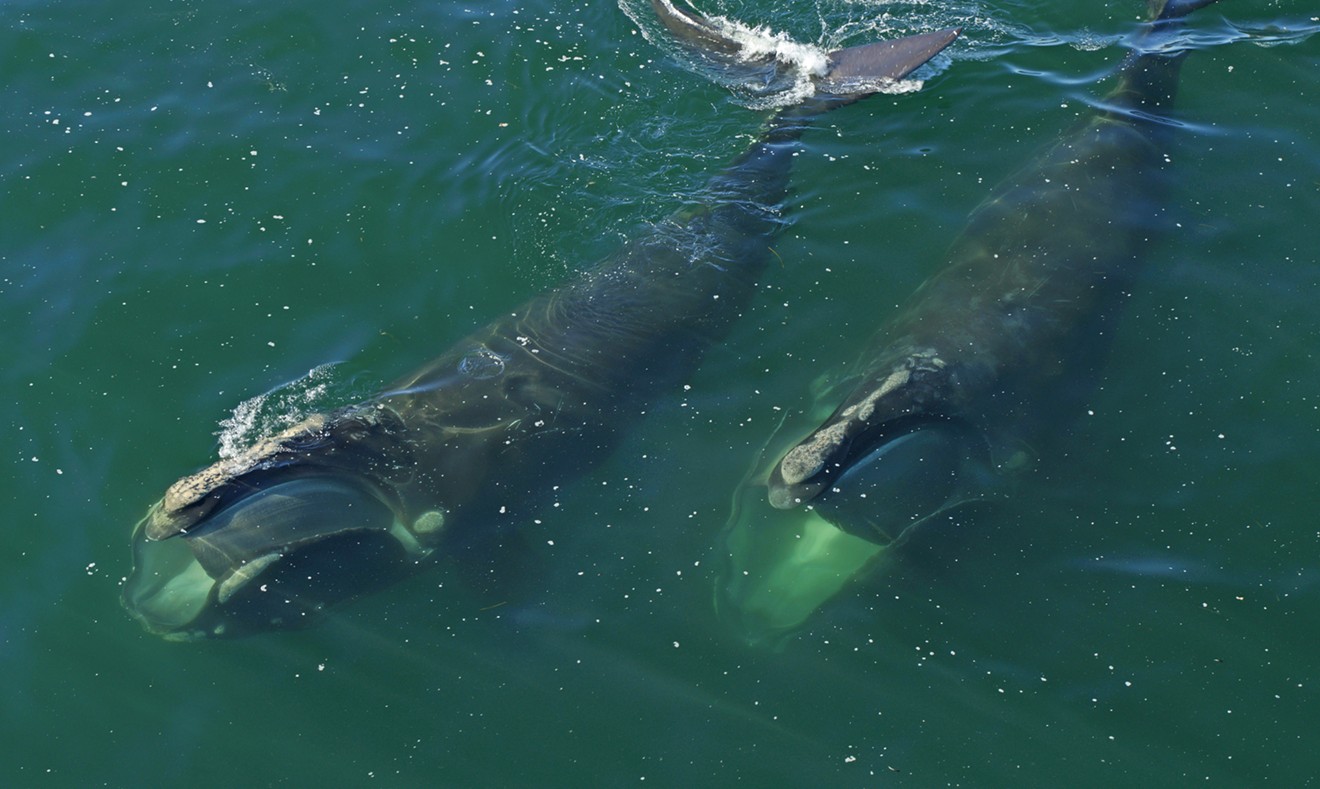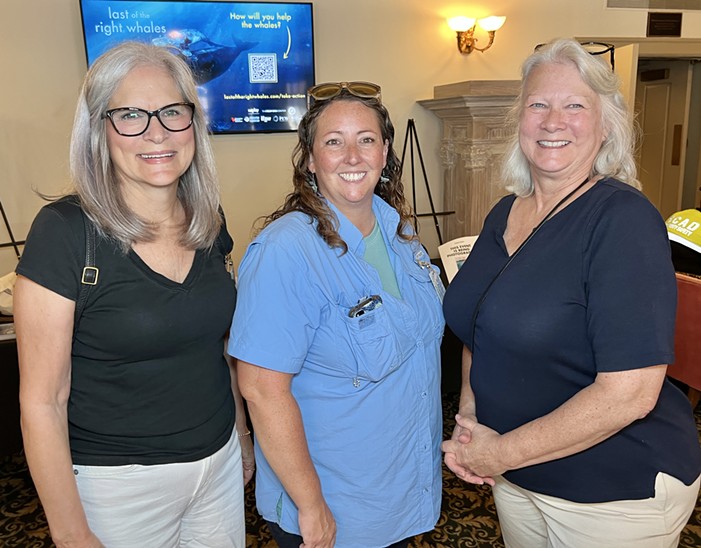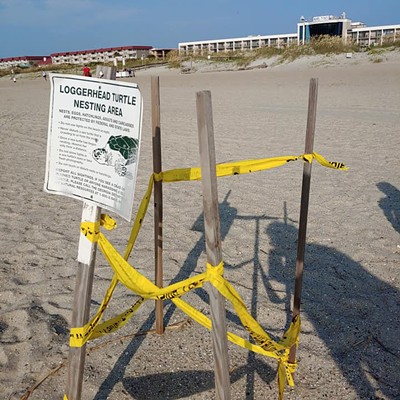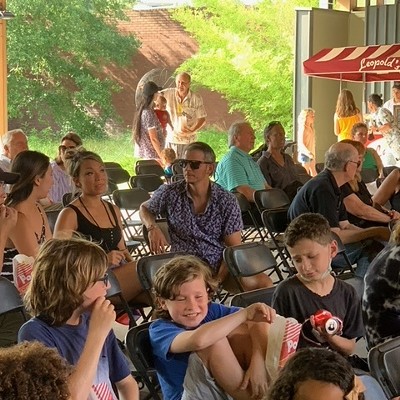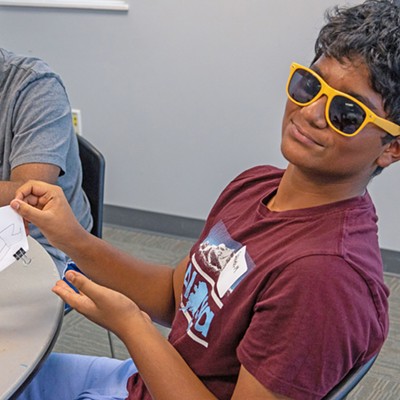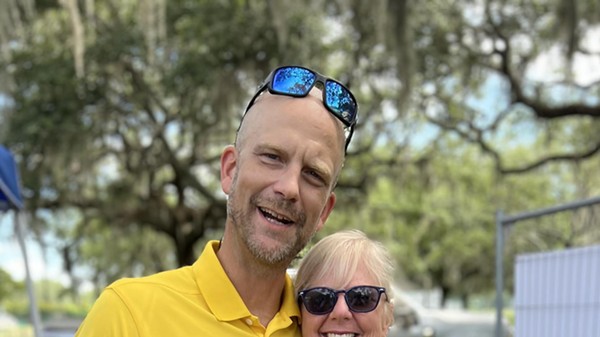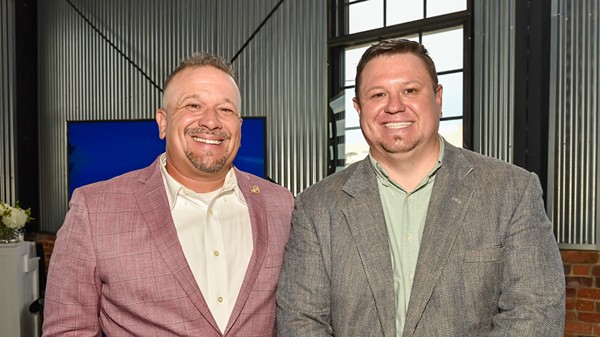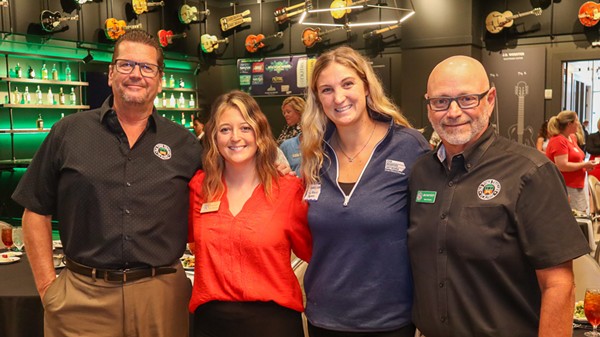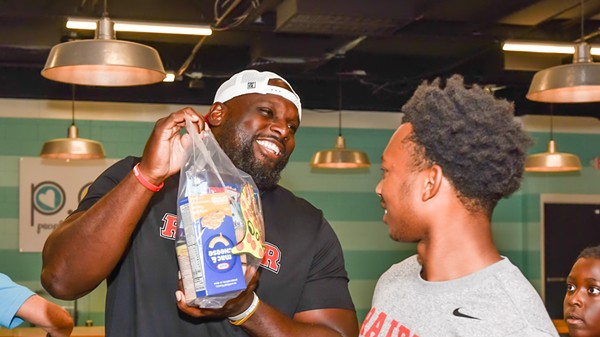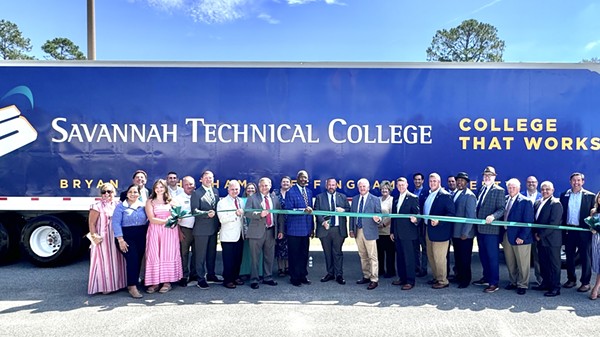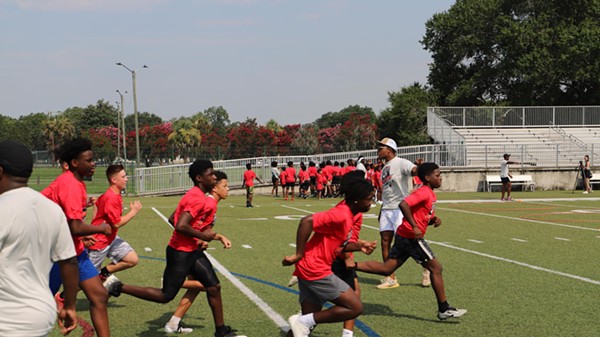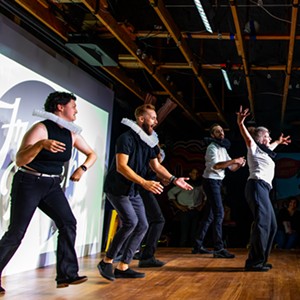The Tybee Marine Science Center along with International Fund for Animal Welfare (IFAW ) and Hit Play Productions co-hosted the Georgia premiere of Nadine Paquenza’s 2021 documentary “Last of the Right Whales” on Tuesday, July 12 at the Lucas Theatre for the Arts.
The documentary follows the migration of North American right whales, and individuals who have dedicated themselves to protecting the world’s most endangered species of large whale.
Dangers right whales face
According to The Georgia Conservancy, only known right whale calving grounds are off the coast of Georgia and North Florida.
With that in mind, “Last of the Right Whales” serves to remind viewers about one of the world’s rarest and endangered species.
After centuries of being hunted, North American right whale populations are on the brink.
Currently, North American right whales are dying off faster than they can reproduce.
According to NOAA Fisheries there are fewer than 350 of these whales remaining, and fewer than 100 breeding females.
Although the hunting of these whales has been prohibited, their numbers continue to decline due to entanglement in fishing gear, vessel strikes, climate change and ocean noise that affects the species ability to communicate and find food.
Experts predict in the next 20 years Georgia’s state aquatic mammal could be functionally extinct.
Cathay Sakas, the former education coordinator at Gray’s Reef National Marine Sanctuary on Skidaway Island in Savannah, said that fishing gear, mostly rope from traps, pose a major threat to the right whale population.
Compared to other threats that the whales face, fishing entanglements are a significant risk to right whales.
NOAA Fisheries and its partners estimate that 85 percent of the North American right whale populations have been entangled in fishing gear at least once.
“Fishing gear entanglement is a different beast entirely. When a whale becomes entangled in fishing gear it may take years for the whale to die,” explained Sakas.
In addition to entanglements, vessel strikes are also a major threat to right whales. The species migration patterns overlap with several Atlantic ports and shipping lanes, which can result in vessels colliding with right whales and causing severe injuries that can be fatal.
Sakas also explained that experts are noticing a shift in ocean currents attributed to climate change, which is causing volatility in calving areas off the Georgia Coast.
This change in currents relocates copepods, which are small crustaceans that happen to be the right whale’s main food source, and lowers their abundance. As a result right whales are forced to seek their prey in areas that have less protection from vessel strikes and entanglements.
Potential Solutions
In “Last of the Right Whales” experts identified potential solutions, and ways to mitigate our impact on the species.
One method that was highlighted in the documentary was the use of ropeless gear that can minimize entanglement. Examples of this ropeless gear can be seen on the Georgia Coast.
Kim Sawicki, the president of Sustainable Seas Technology inc, has been working with Georgia fishermen to develop and test ropless fishing gear that allows commercial fishermen to access black sea bass.
Sawicki explained that the fishery she works with was able to acquire an exempted fishing permit that allows them to fish with ropeless fishing gear while whales are nearby.
“Now we have 15,000 Square nautical miles of fishing area that’s available for the guys using all of these gears. There’s 12 different types out there now. Probably in the next 10 years, we’ll see some new ones come in, which is cool,” said Sawicki.
The use of ropeless fishing gear has yet to be implemented on a wide scale, but Sawicki’s work shows that this type of fishing gear can be used to lessen the impact on North Atlantic right whales.
For more information on the documentary and on North Atlantic right whales visit lastoftherightwhales.com and noaa.gov

